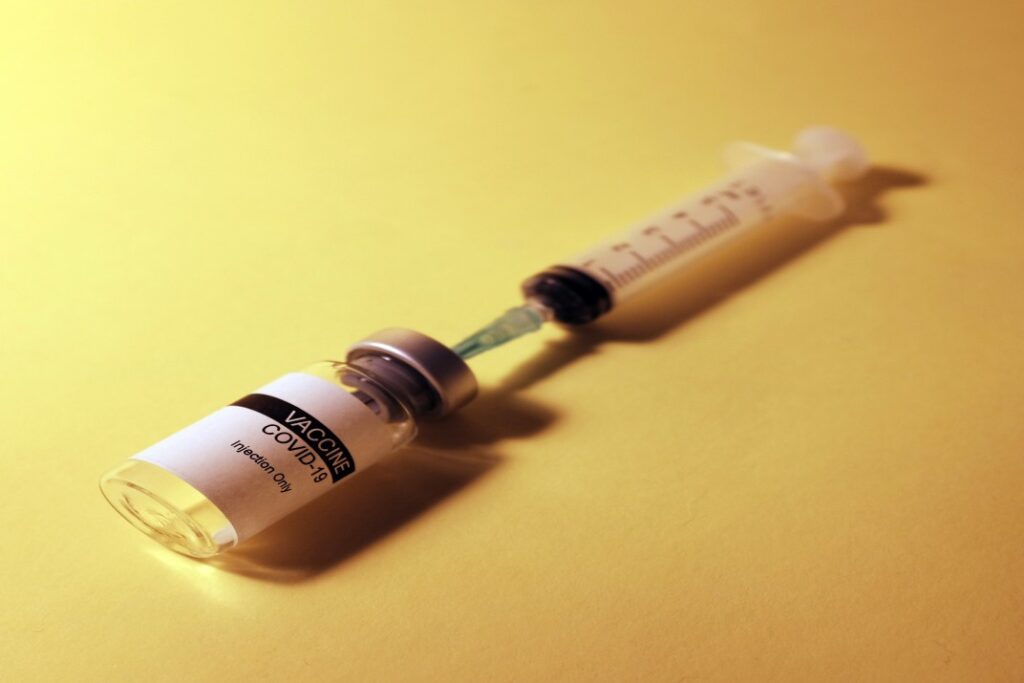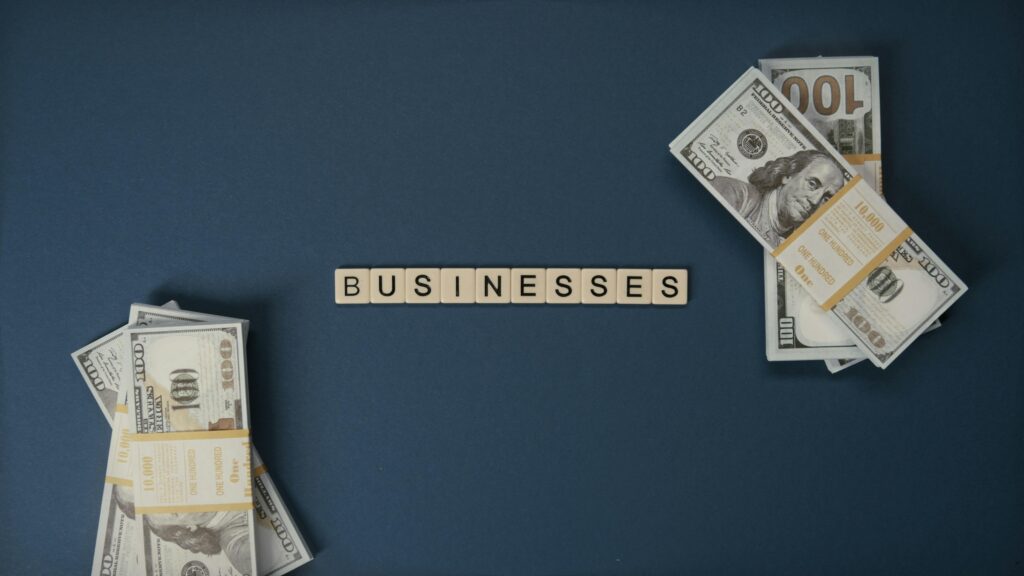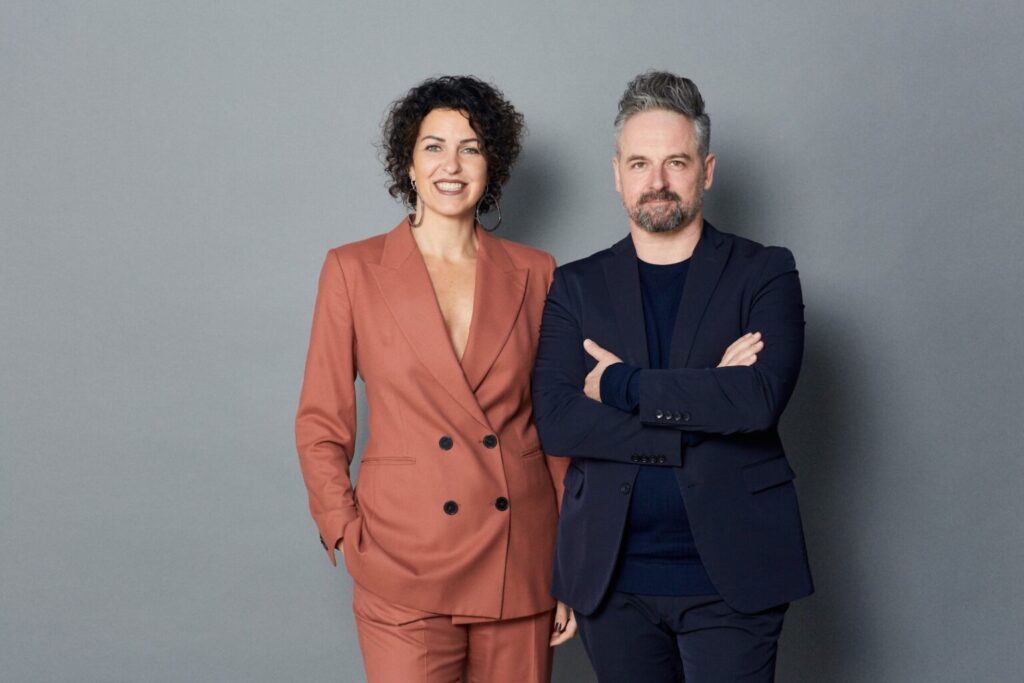As the Covid-19 vaccine becomes available throughout the world, the United States must now decide what to do with vaccine passports. This may be digital certificates or scannable documents that can be used to check a person’s vaccination status in order to allow them to travel more easily or attend large events. A organized, national vaccine passport system, according to some, may help us reclaim some sense of normalcy while also speeding up economic recovery. However, this seems to be impossible.
“There would be no centralized universal federal vaccines database, and no federal requirement requiring everybody to receive a single vaccination credential,” White House press secretary Jen Psaki told reporters on Monday. Instead, the Biden administration has agreed to delegate this decision to the states and the private sector, with the federal government providing some guidance. “The public would be more hesitant to get vaccinated if they feel like the government, the federal government, is playing too much of a part in that,” Andy Slavitt, a senior advisor to the White House’s Covid-19 response, told CNBC earlier in March.
Companies, health-care organizations, and state governments are all launching their own initiatives. The Excelsior Pass, the first state-backed vaccine passport, was just issued last week in New York. This digital health certificate, created by IBM using blockchain technology, enables people who have been vaccinated in the state to download their records to a mobile app that displays a QR code that can be checked by participating venues to check their status. Some states didn’t expect the federal government to take the lead on key aspects of the country’s pandemic response, as shown by the fact that New York spent months designing the Excelsior Pass.
Meanwhile, companies like Walmart and Clear, which provides airport protection, are rushing to create their own digital vaccine databases. Some companies are already offering vaccine passports, such as the World Economic Forum’s CommonPass app and the Commons Project, which is being tested by a number of airlines. Carbon Health, which collaborated with the city of Los Angeles to roll out vaccinations, is now offering its own HIPAA-compliant vaccine passport, dubbed Health Pass.
The concept behind both of these measures is simple: by storing their health information on a computer such as a smartphone or in a printed QR code, people should be able to confirm their vaccination status and resume activities such as attending concerts or travelling to other countries with greater safety.
The federal government has no plans to establish a central clearinghouse for vaccination or Covid-19 statuses, as previously stated. Vaccine recipients in the United States currently receive printed paper cards from the Centers for Disease Control and Prevention (CDC), which include their name, birthdate, and patient number (if applicable), as well as the type of vaccine they got, when and where they received their doses, and the batch number from which their vaccine was made. Although hospitals maintain their own vaccine records, the CDC cards aren’t designed to be double-checked or validated by venues or other organizations.









